Sleep often changes over summer vacation with kids staying up late and sleeping in. To get kids on a sleep schedule for the school year, it’s important to start moving bedtime earlier and making sure kids are waking up at a reasonable time to re-enter school well rested.
Recent science has emphasized that the timing of sleep — and not just how long we sleep — is essential for health. Young children have a deep biological preference to go to bed early and wake early and teenagers have a deep biological preference to go to bed late and wake late.
In general, it takes about a day to adjust for every hour of bedtime change, just like adjustments to crossing time zones. For example, if your child is going to bed three hours later than what will be normal for the school year, it will take at least three days to adjust, although a more gradual daily sleep schedule change is better.
Optimal bedtimes and sleep duration for children
Most children need 8-10 hours of sleep a night. Optimal bedtimes, based on ages and circadian rhythms, are as follows (of course, with many schools starting at 8am, you’ll need to adjust your child’s sleep schedule as needed):
| Age (Years) |
Sleep Duration (Hours) |
Timing (and naps) |
| 0-2 |
16-12 |
5:30 p.m. to 6:30 a.m. (1-3 naps) |
| 3-6 |
13-11 |
6:30 p.m. to 6:30 a.m. (1 nap) |
| 7-11 |
11.5-10.5 |
7 p.m. to 7 a.m. |
| 12-15 |
10.5-9.5 |
10:00 p.m. to 8:30 a.m. |
| 16-18 |
9.5-8.5 |
10:30 p.m. to 9 a.m. |
| 19-22 |
8.5-7.5 |
10:30 p.m. to 8:30 a.m. |
Why healthy sleep is important
Unsurprisingly, a healthy sleep pattern supports physical and mental health and learning. Sufficient sleep (both timing and duration) is important for children to mentally function at their best throughout the school day. Lack of sleep may make retaining new information difficult and even lead to behavioral issues including, hyperactivity, irritability and aggressiveness.
Students who have adequate sleep are more likely to have improved emotion and attention control and be more efficient learners. There are also long term emotional and physical effects of chronic sleep debt and sub-optimal sleep schedules. More immediate physical effects of sleep debt can include injury and automobile accidents.
School sleep schedule tips for kids
Follow these sleep tips for kids to help your kids get a good night’s rest.
- Be consistent on weekends. Make sure sleep and wake times are consistent even on weekends. Sleeping in on weekends till 9:30 is fine, but any later can lead to “social jetlag” (weekend catch up and sleep period irregularity) and can also disrupt sleep during the week.
- Turn off the electronics. Don’t let children use screens within an hour of bedtime (teens should shut screens off 30 minutes prior to bedtime). The light from screens can stimulate the brain and interfere with internal body clocks.
- Stick to a pleasant and supportive routine. A regular routine for all human beings essential! Whether it’s a bath, books, songs, prayers, snuggling, the presence of the sleep blanket or plush toy are all elements of a positive routine.
- Create a pleasant bedroom. The best condition for sleep is a cool, dark or dimly lit room which helps to signal internal body clocks.
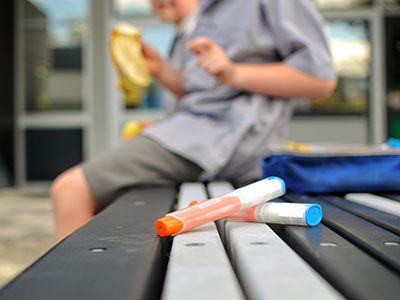 https://riseandshine.childrensnational.org/wp-content/uploads/2025/08/epi-pens-feature.jpg
300
400
Danielle Robbins
https://riseandshine.childrensnational.org/wp-content/uploads/2017/11/childrens_riseandshine_logo.jpg
Danielle Robbins2025-08-26 12:24:232025-08-26 16:12:43Back-to-school safety tips for kids with food allergies
https://riseandshine.childrensnational.org/wp-content/uploads/2025/08/epi-pens-feature.jpg
300
400
Danielle Robbins
https://riseandshine.childrensnational.org/wp-content/uploads/2017/11/childrens_riseandshine_logo.jpg
Danielle Robbins2025-08-26 12:24:232025-08-26 16:12:43Back-to-school safety tips for kids with food allergies


 Daniel S. Lewin, PhD, DABSM is a pediatric psychologist, sleep specialist and licensed clinical psychologist. He is Board Certified in Sleep Medicine and Behavioral Sleep Medicine.
Daniel S. Lewin, PhD, DABSM is a pediatric psychologist, sleep specialist and licensed clinical psychologist. He is Board Certified in Sleep Medicine and Behavioral Sleep Medicine.










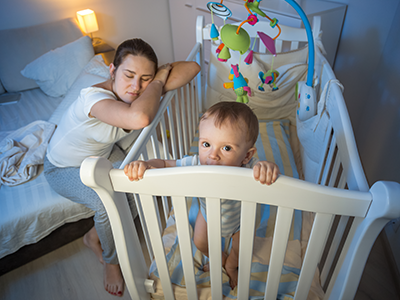
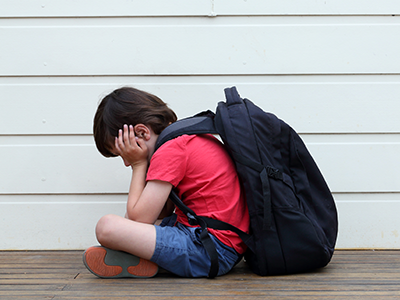

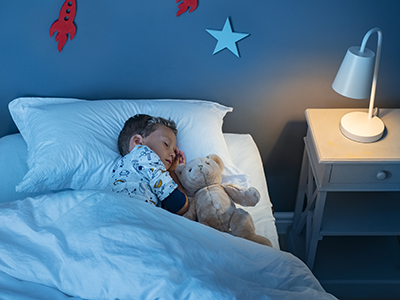
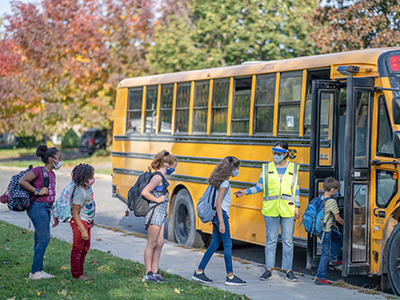
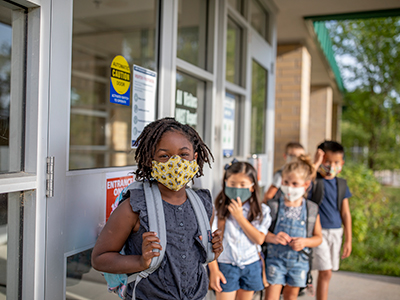


Leave a Comment
Want to join the discussion?Feel free to contribute!